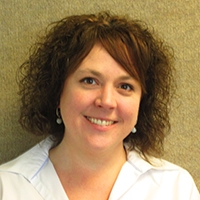Seniors typically deal with a multitude of comorbid medical conditions, requiring a significant number of medications. In fact, according to the American Society of Consultant Pharmacists (ASCP), while the elderly population makes up less than 15 percent of the total United States population, they consume 40 percent of all prescription medications. The goal of PACE pharmacy, then, is to ensure the highest level of safety in medication management. To facilitate that goal, Grane Rx’s Precision Medication Management program utilizes a three-part approach designed to provide cost-effective solutions to the pharmaceutical needs of participants of your PACE center.
Precision Medication Management, Facet 1: Clinical Consulting
Polypharmacy, or the regular use of more than four medications, is significant among the long term care population. The ASCP reports that people between the ages of 65 and 69 take an average of 14 prescriptions per year, while those age 70 or older take an average of 18. With an increased number of medications comes an increased number of side effects and the possibility of medication interactions. Grane Rx partners with PACE centers and the long term care industry to provide clinical consulting services. The foundation of these services are in-depth medication consultations to optimize participant medication therapy and outcomes. As part of clinical consultation, pharmacists implement a number of interventions, including:- Comprehensive medication regimen reviews
- Clinical change of status or emergency room/hospital admission reviews
- Targeted medication class and disease state management reviews
- Medication utilization optimization reviews to focus on reducing and eliminating polypharmacy
